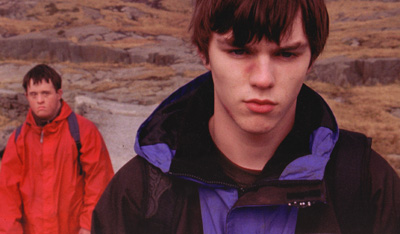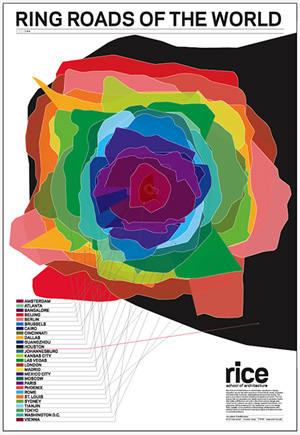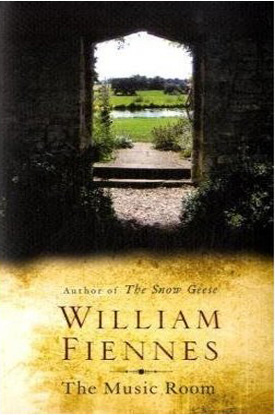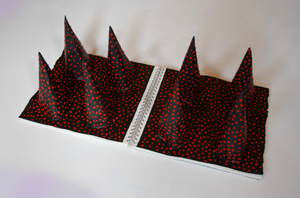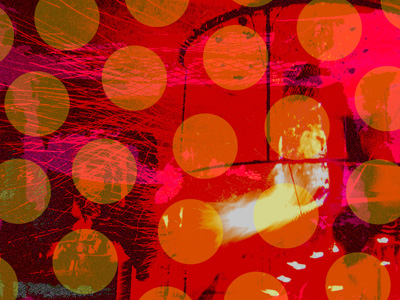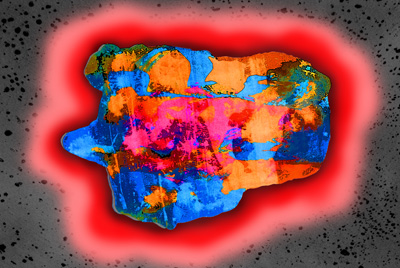i was contacted recently by someone who wanted to re-watch microsoap, a children's series i created / wrote for the bbc in 1998 or so. short of coming to my house and borrowing a set of elderly vhs cassettes, they were on a hiding to nothing. the first series won 2 baftas and the prix jeunesse. but there were no commercial videos and no dvds. and there's no digital download. short of taking photographs of the tv screen while the tapes are playing i have no pictures from the programme. and this is the only image i can find on the net. when those tapes crumble i'll have no way of proving the thing ever existed.

it's understandable why tv programmes from the 60's have vanished forever given that they were recorded on long strips of bamboo by underpaid northern children with tiny knives, or something along those lines. but the disappearance of programmes from 10 years ago seems extraordinary.
actually, it's worse than that. i wrote a film for the bbc two years ago. coming down the mountain. again, it was shortlisted for a bafta. no dvd. no download. and, once more, if you want to watch you'll have to come round to my house and borrow one of my 3 dvds. and it's not just my film. it's the majority of tv single films. 2, 3, 4 years work, one transmission then... eternal darkness and a page on imdb.
the problem is not the technology. making these things downloadable from i-tunes or elsewhere is child's play, technically. the problem is legal and bureaucratic. every time one of these films or programmes is broadcast or downloaded, the artists have to be paid. and rightly so. but their contracts were written when the concept downloading films seemed like matter transport. how do those antique contracts get re-interpreted? who gets paid what? how is the money paid to them? and who sorts these problems out?
it's sad. coming down the mountain was a lovely thing. and the way it has vanished from the face of the earth is one of the reasons why i'm not planning to write for tv again.
here's nick hoult and the even more wonderful tommy jessop (shot by danny cohen)
